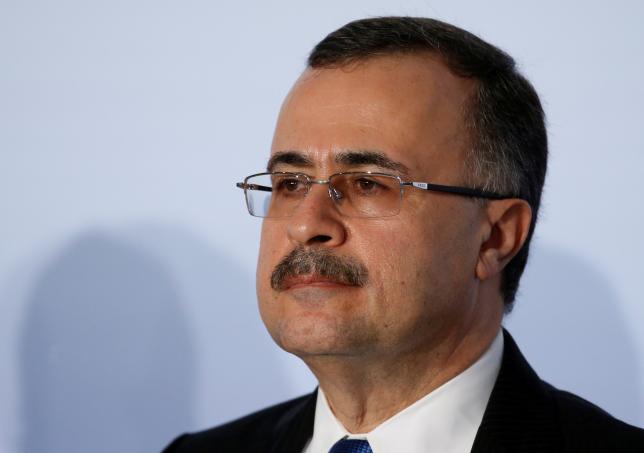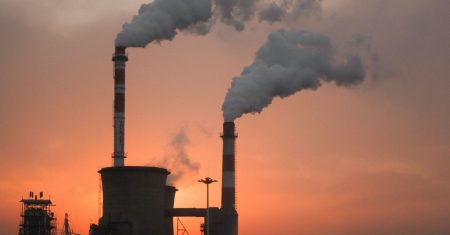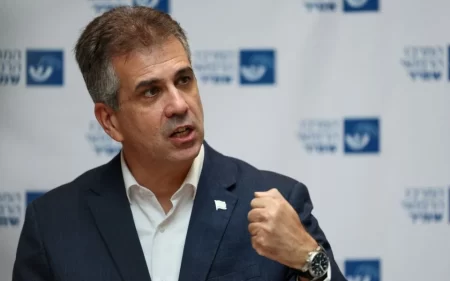
Dubai — Saudi Aramco, the world’s biggest oil producer, made core earnings of $224 billion last year, almost three times as much as Apple, figures from the state-owned company showed on Monday ahead of its debut international bond issue.
Previously reluctant to disclose its financials, Aramco had to reveal them in order to obtain a public rating and start issuing international bonds.
Despite the huge profit, the state-owned oil giant was rated by credit agencies at par with Saudi Arabia, meaning the kingdom’s sluggish economy will weigh on Aramco’s cost of borrowing as it prepares its bond market debut.
Aramco’s core earnings surpass those of Apple, ranked by Forbes as the world’s top company in terms of profits last year, which had normalised core earnings, or EBITDA, of $81.8 billion.
Saudi Energy Minister Khalid al-Falih said earlier this year Aramco’s planned bond sale would raise around $10 billion, but banking sources said the transaction could be larger.
Rating agencies Fitch and Moody’s rated Aramco A+ and A1 respectively, but both said that without sovereign rating constraints it would be in the same league as oil companies like Exxon Mobil, Chevron and Shell.
“Saudi Aramco’s rating is constrained by that of Saudi Arabia (A+/Stable),” Fitch said. “This reflects the influence the state exerts on the company through taxation and dividends, as well as regulating the level of production in line with its OPEC commitments.”
However, Aramco’s bond prospectus said the kingdom would not guarantee Aramco’s notes and was under no obligation to extend financial support to the company.
Fitch put Aramco’s standalone credit profile at “AA+”.
Credit ratings allow investors to compare and assess the credit quality of bond issuers and their debt securities, and are important in determining how much borrowers have to pay.
MINIMAL DEBT
The planned bond deal is Aramco’s inaugural transaction in international markets. It still plans to launch an initial public stock offering or IPO in 2021, expected to generate $100 billion, having postponed its flotation from 2018.
“Saudi Aramco has many characteristics of a Aaa-rated corporate, with minimal debt relative to cash flows, large scale of production, market leadership and access in Saudi Arabia to one of the world’s largest hydrocarbon reserves,” said Rehan Akbar, senior credit officer at Moody’s.
The group has 257 billion barrels of oil equivalent, representing more than 50 years of reserves based on current production levels, according to a company presentation.
Aramco will start meeting international bond investors this week for the much anticipated debt transaction.
ADVERTISEMENT
The planned bond sale follows the announced acquisition of a 70 percent stake in Saudi Basic Industries Corp (SABIC) from Saudi Arabia’s Public Investment Fund (PIF) in a deal worth $69.1 billion.
Aramco said the bond sale, which may be split into tranches with maturities ranging from three to 30 years, is not linked to the SABIC acquisition.
Aramco intends to pay for the acquisition in tranches, with 50 percent at the closing of the transaction and the remainder over a two-year period, from internal cash generation and, potentially, other resources, the company said.
The SABIC deal will be completed in 2020, Aramco said separately in the prospectus, adding it will fund half of the acquisition with promissory notes issued to the PIF.
EXTREMELY LIQUID
“Saudi Aramco has an extremely strong liquidity position,” Moody’s said, with $48.8 billion in cash against $27 billion in reported debt.
“The company’s balance sheet leverage has been conservatively managed,” said the agency, adding it has $46.8 billion of bank facilities, of which about $25.5 billion was still available.
Aramco representatives will meet with investors in Asia, Europe and the United States through Friday, April 5, according to a document issued by one of the banks leading the deal.
The roadshow has no planned stop in the Middle East, showing the deal is mostly aimed at international buyers.
“The blue-chip company is extremely profitable, free cash flow positive, has low leverage and strong reserves for the future, making it a compelling investment case for global investors,” said Parth Kikani, fixed income director at Emirates NBD Asset Management.
Aramco had a net income of $111 billion last year. Revenue from upstream operations stood at around $217 billion, while downstream revenue was $139 billion. It had $86 billion in free cash flow at the end of 2018.
The firm is presenting itself to global investors as an “anchor of global energy” and a global energy provider of systemic importance, producing one of every eight barrels of global crude, according to its presentation.
Aramco has hired Lazard as financial adviser for the bond deal, and JP Morgan and Morgan Stanley as global coordinators. They are joined by Citigroup, Goldman Sachs , HSBC and NCB Capital as bookrunners.



